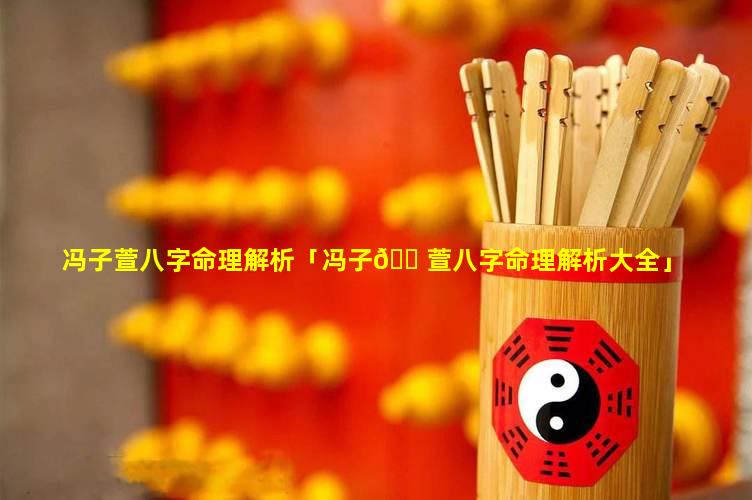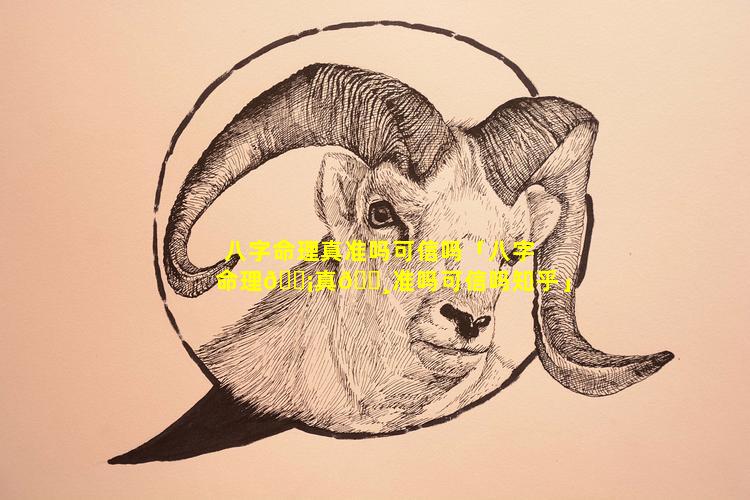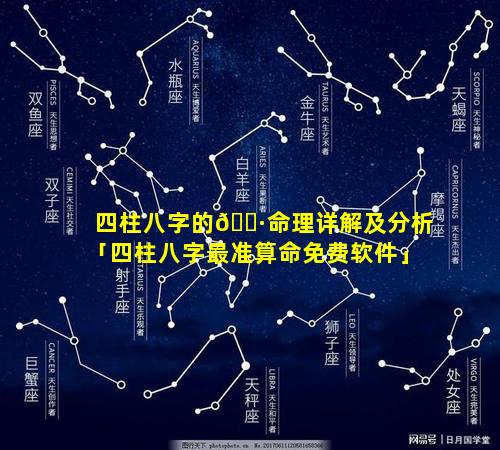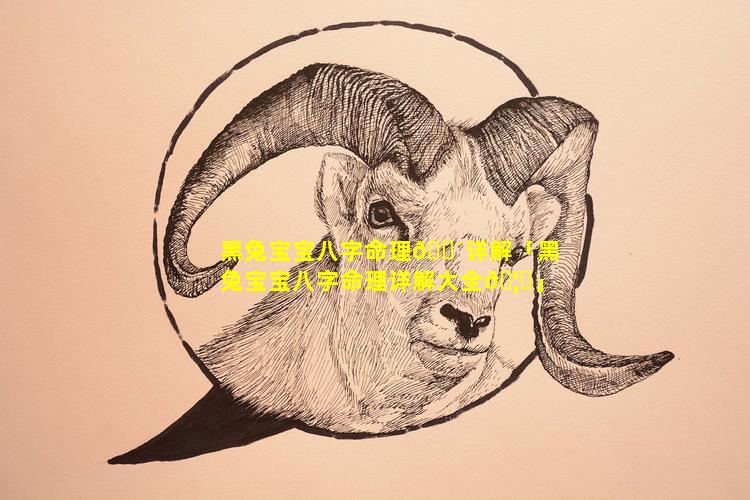八字命理知识结构与体系是怎样的呢
- 作者: 陈鸿
- 发布时间:2024-09-03
一、八字命理知识结构与体系是怎样的呢
八字命理知识结构与体系
一、基础知识
阴阳五行:宇宙万物的基本元素,包括金、木、水、火、土。
天干地支:十天干(甲、乙、丙、丁、戊、己、庚、辛、壬、癸)和十二地支(子、丑、寅、卯、辰、巳、午、未、申、酉、戌、亥)。
四柱八字:出生年月日時的干支组合,称为四柱八字。
二、命局分析
日主:四柱中代表命主自己的天干。
五行生克:五行之间相生相克的关系,如金生水、水生木。
十神:根据日主与其他干支的关系,将八字中的干支分为十种神煞,如正官、偏官、正印、偏印等。
格局:八字中各种五行、十神之间的组合,形成不同的格局,如财格、官格、印格等。
三、运势推算
大运:每十年为一个大运,反映命主人生不同阶段的运势。
流年:每年为一个流年,与大运结合,推算命主每年的运势。
神煞:八字中的一些特殊组合,如桃花煞、驿马煞等,对运势有影响。
四、命理应用
性格分析:根据八字推断命主的性格特点。
事业运势:预测命主的职业发展、财运等。
婚姻感情:分析命主的婚姻状况、感情运势。
健康状况:推算命主的身体健康情况。
吉凶预测:预测命主人生中的吉凶祸福。
体系结构八字命理知识体系是一个严谨的系统,包括:
理论基础:阴阳五行、天干地支、十神等基础理论。
分析方法:五行生克、十神取用、格局判断等分析方法。
运势推算:大运、流年、神煞等运势推算方法。
命理应用:性格分析、事业运势、婚姻感情等命理应用领域。
二、八字命理知识结构与体系是怎样的呢图片
八字命理知识结构与体系
一、基础知识
阴阳五行:万物分类和属性归属的理论基础。
十神:八字中代表不同人物、事物的符号。
干支:天干和地支的组合,用于表示时间和事物。
四柱:年、月、日、时四柱,构成八字命盘。
二、命理体系
1. 格局论
格局:八字中特定组合形成的吉凶模式。
用神:对命主有利的十神。
忌神:对命主不利的十神。
2. 神煞论
神煞:八字中特殊组合形成的吉凶征兆。
吉神:带来好运的征兆。
凶神:带来厄运的征兆。
3. 流年运势
大运:十年一换的运势周期。
流年:每年一换的运势。
流月、流日:更细致的运势划分。
4. 合化论
合:不同五行或十神之间的相生相合。
化:五行或十神之间的转化。
5. 冲刑克害
冲:不同五行或十神之间的相冲。
刑:不同五行或十神之间的相刑。
克:不同五行或十神之间的相克。
害:不同五行或十神之间的相害。
三、应用领域
预测吉凶:预测人生运势、事业财运、婚姻感情等。
趋吉避凶:通过调整生活方式、环境等,化解不利因素,趋吉避凶。
择吉:选择吉日吉时,进行重要活动,如结婚、开业、搬家等。
命理咨询:提供命理分析和建议,帮助人们了解自身运势,做出明智决策。
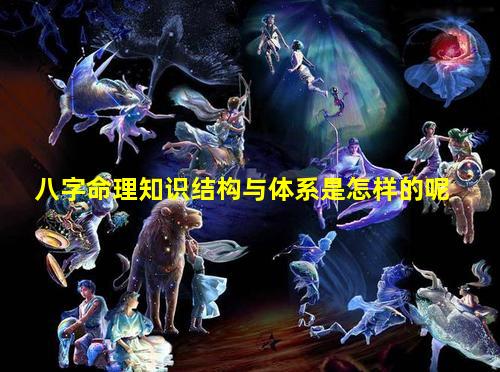
三、八字命理知识结构与体系是怎样的呢英语
The knowledge structure and system of Bazi destiny is as follows:
1. The Four Pillars of Destiny: The Four Pillars of Destiny are the year, month, day, and hour of a person's birth. These four pillars are used to create a Bazi chart, which is a snapshot of a person's destiny.
2. The Ten Heavenly Stems: The Ten Heavenly Stems are the Chinese characters that represent the five elements (wood, fire, earth, metal, and water) and the yin and yang energies. The Heavenly Stems are used to determine a person's personality, strengths, and weaknesses.
3. The Twelve Earthly Branches: The Twelve Earthly Branches are the Chinese characters that represent the twelve animals of the Chinese zodiac. The Earthly Branches are used to determine a person's career, relationships, and health.
4. The Five Elements: The Five Elements are the building blocks of the universe. They are wood, fire, earth, metal, and water. The Five Elements are used to determine a person's compatibility with others, their lucky colors, and their lucky numbers.
5. The Six Combinations: The Six Combinations are the six possible combinations of the Five Elements. They are woodfire, fireearth, earthmetal, metalwater, waterwood, and woodearth. The Six Combinations are used to determine a person's strengths and weaknesses, and their compatibility with others.
6. The Ten Gods: The Ten Gods are the ten archetypal characters that represent the different aspects of a person's life. They are the Wealth God, the Career God, the Relationship God, the Health God, the Travel God, the Education God, the Windfall God, the Nobleman God, the Hurting God, and the Killing God. The Ten Gods are used to determine a person's destiny and to provide guidance on how to improve their life.
The knowledge structure and system of Bazi destiny is a complex and sophisticated system that can be used to gain a deep understanding of a person's life. By understanding the Four Pillars of Destiny, the Ten Heavenly Stems, the Twelve Earthly Branches, the Five Elements, the Six Combinations, and the Ten Gods, you can gain insights into your own destiny and the destiny of others.
四、八字命理的基础知识
八字命理的基础知识
一、什么是八字命理
八字命理,又称四柱命理,是中国传统命理学的一种,以一个人的出生年月日时为依据,推算其一生命运吉凶祸福。
二、八字的组成
八字由四个柱子组成,每个柱子由两个字组成,分别代表年、月、日、时。每个字又由天干和地支组成,共八个字,故称八字。
三、天干地支
天干:甲、乙、丙、丁、戊、己、庚、辛、壬、癸,共十个。
地支:子、丑、寅、卯、辰、巳、午、未、申、酉、戌、亥,共十二个。
四、五行天干地支对应着五行:
天干:甲乙属木,丙丁属火,戊己属土,庚辛属金,壬癸属水。
地支:子亥属水,寅卯属木,巳午属火,申酉属金,辰戌丑未属土。
五、十神十神是八字中用来判断吉凶的十种神煞,分别为:
正官:代表官运、事业、名声。
偏官:代表权力、武职、偏业。
正印:代表学业、文凭、贵人。
偏印:代表灵感、艺术、宗教。
正财:代表财富、收入、稳定。
偏财:代表意外之财、投机。
正食:代表衣食、享受、福气。
偏食:代表口舌、是非、小人。
七杀:代表压力、竞争、危险。
伤官:代表才华、艺术、叛逆。
六、命局分析
八字命理通过分析八字中五行、十神、生克制化等关系,来推断一个人的性格、事业、财运、婚姻、健康等方面的吉凶祸福。
七、八字命理的局限性
八字命理是一种预测学,有一定的局限性:
不确定性:八字命理只能提供一种可能性,不能完全确定一个人的命运。
环境影响:后天的环境、教育、努力等因素也会对命运产生影响。
个人主观:八字命理的解读带有主观性,不同的命理师可能会有不同的看法。

